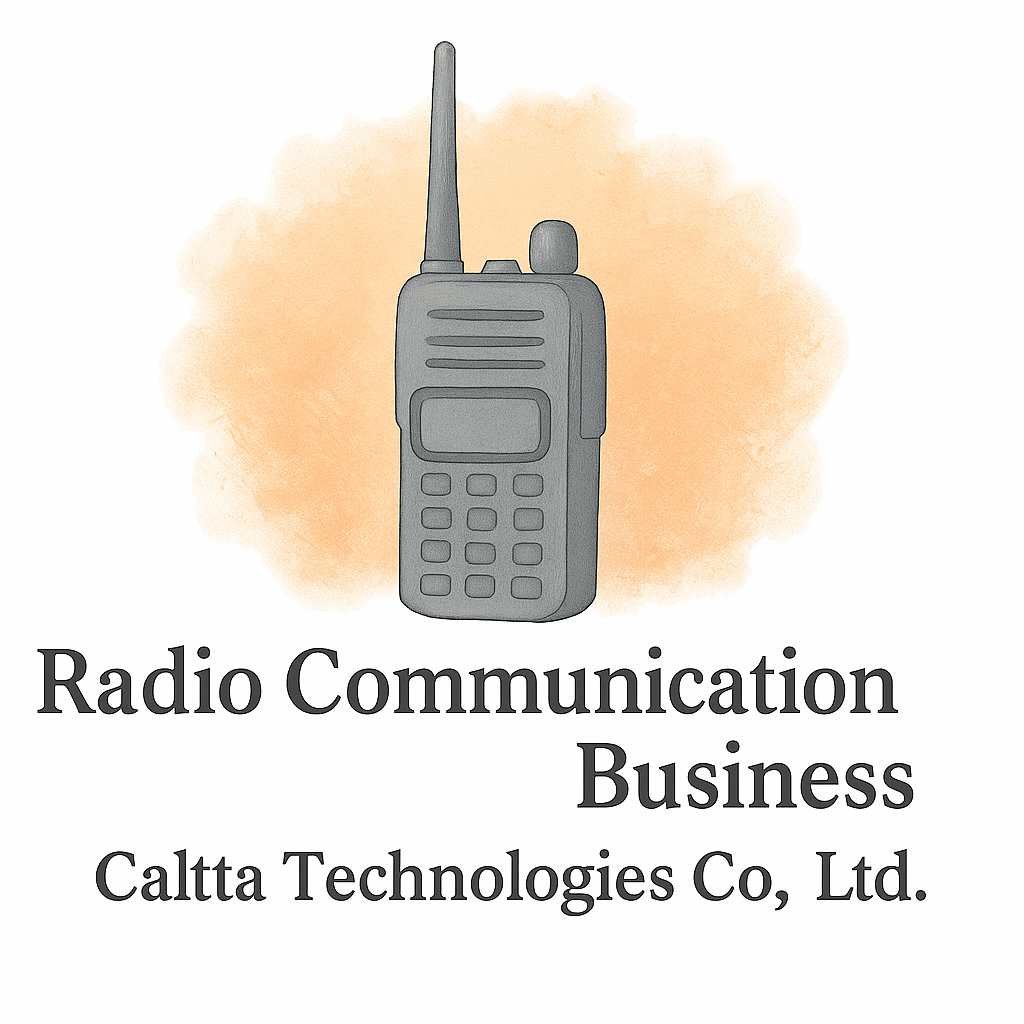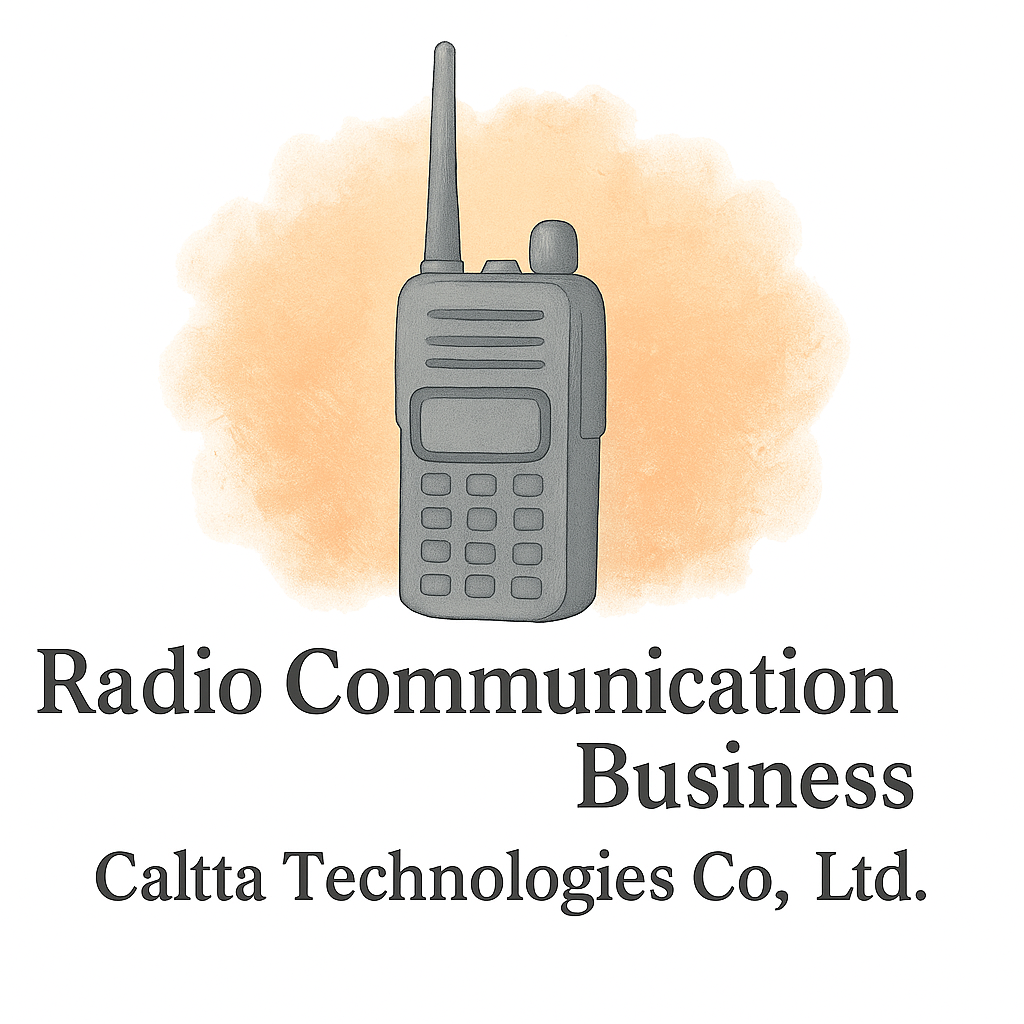Introduction
Radio communication has come a long way from its crackling beginnings. And guess what? In 2025, it’s not slowing down. If anything, it’s accelerating like a bullet train. Whether you’re in emergency services, logistics, aviation, or running a startup, staying ahead in radio communication technology is no longer a luxury — it’s a survival tactic.
Let’s dive into the top 7 trends shaping the industry and what they mean for your business or tech strategy.
1. The Rise of AI-Powered Radio Systems
How AI is Streamlining Communication
Artificial Intelligence (AI) is infiltrating every corner of tech — and radio communication is no exception. Today’s advanced radios use AI algorithms to auto-adjust frequencies, block interference, and even predict network congestion. It’s like having a smart assistant inside your device.
Real-World Use Cases
Police departments and disaster response units are using AI radios to coordinate faster during emergencies. AI filters out noise and highlights critical transmissions, speeding up decision-making. These improvements reduce response time — and that can save lives.
🔗 Dive deeper into equipment technology and how AI is changing the game.
2. Integration with IoT Devices
Smarter Radio Networks
The Internet of Things (IoT) is connecting everything — from your fridge to your fleet of trucks. Radio systems in 2025 are embracing this connectivity. Radios now talk to drones, wearables, and even industrial machines.
Use in Industrial Automation
Factories are using IoT-integrated radios to monitor machine health and optimize operations. These systems help avoid downtime and improve productivity. If you’re setting up an industrial operation, this is a must-have.
🔗 Learn more about business startup basics to integrate these trends from day one.
3. Enhanced Encryption & Cybersecurity
Why Secure Communication Matters
Security breaches aren’t just a computer thing. Radio signals can be intercepted too — unless you lock them down. That’s why advanced end-to-end encryption is trending hard in 2025.
Compliance and Industry Standards
Governments and industries are pushing for tighter compliance standards. If you’re not keeping up, you’re not just risking leaks — you’re flirting with legal trouble.
🔗 Stay updated with compliance tips and best practices for radio systems.

4. Adoption of 5G and Beyond
Faster Data Speeds, Greater Efficiency
5G isn’t just for phones. It’s supercharging radios too. With faster speeds and ultra-low latency, 5G is helping radios transmit voice, data, and video all at once — seamlessly.
5G’s Role in Emergency Communication
For paramedics and first responders, 5G-enabled radios provide real-time access to maps, patient records, and command centers.
🔗 Explore more industry insights on how 5G is revolutionizing communication.
5. Push-to-Talk (PTT) Over Cellular (PoC)
The Death of Distance in Two-Way Communication
Traditional radios were limited by range. Not anymore. PoC uses cellular networks to transmit, meaning you can talk to your team across the country — or the globe — instantly.
Benefits for Fleet Management and Security Teams
From delivery trucks to large security teams, PoC offers location tracking, group calling, and multimedia messaging.
🔗 Get your team future-ready with tools and tech hacks.
6. Software-Defined Radios (SDRs)
Flexibility and Upgradability
Why buy new hardware every year when you can just update the software? SDRs allow users to switch protocols, frequencies, and functions via software — no screwdriver needed.
Lower Long-Term Costs
They’re a cost-saving dream. Instead of replacing entire units, companies can upgrade with a simple patch.
🔗 Learn more about cost-saving measures for communication tools.
7. Compact, Rugged, and Smarter Hardware
Trends in Device Design
2025 radios are lighter, stronger, and smarter. Think waterproof, dustproof, drop-resistant — but still sleek enough to clip on your belt.
Cost-Saving and Durability Features
Smarter batteries, solar charging options, and modular components are becoming standard, giving businesses better ROI.
🔗 Get guidance on equipment trends you shouldn’t ignore.
Bonus Trend: Integration with Wearables
Smartwatches, glasses, and even clothing are becoming part of the communication system. Imagine sending voice commands from your wrist or getting alerts in your glasses — it’s happening now.
🔗 Don’t miss these tech innovations redefining communication.
Business Implications and Industry Outlook
Impacts on Startup Businesses
If you’re launching a business, investing in modern radio tech isn’t just smart — it’s essential. It boosts your brand’s professionalism and ensures you’re ready for rapid growth.
🔗 Start smart with startup strategies.
Future-Proofing Equipment Investments
With tech evolving so fast, flexibility is king. Opt for scalable solutions and devices that can adapt with software updates and accessories.
🔗 Plan ahead with solid financial planning.
Conclusion
So, there you have it — the 7 biggest trends in radio communication technology in 2025. Whether you’re managing a business, starting one, or just a tech enthusiast, these changes are already shaping how we connect and communicate. Stay ahead, invest smart, and tune in to the future.
🔗 Want more updates like this? Visit Caltta International — your go-to hub for all things business and technology.
FAQs
1. What is the biggest trend in radio communication technology in 2025?
AI integration and 5G adoption are leading the way, making communication faster, smarter, and more secure.
2. Are traditional radios becoming obsolete?
Not obsolete, but they’re evolving. Many now support software updates and cellular integration to stay relevant.
3. How does PoC differ from traditional two-way radios?
PoC uses cellular data, removing range limitations. Traditional radios rely on radio frequencies with a fixed range.
4. Is 5G safe for radio communication?
Yes, and it improves reliability and performance, especially in high-density environments like cities.
5. How can startups benefit from new radio trends?
Newer tech offers flexibility, lower costs over time, and easier integration with other systems — perfect for startups.
6. What is an SDR in radio tech?
A Software-Defined Radio (SDR) uses software for signal processing, allowing updates and changes without hardware swaps.
7. Where can I learn more about compliance and equipment?
Visit Caltta International’s compliance tag and equipment section for deep dives and practical advice.


